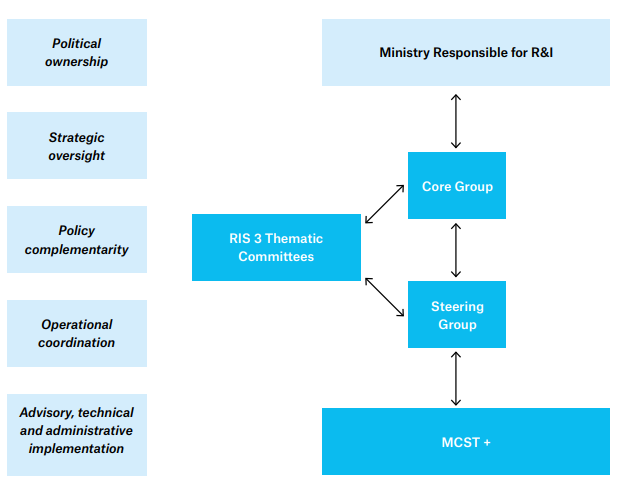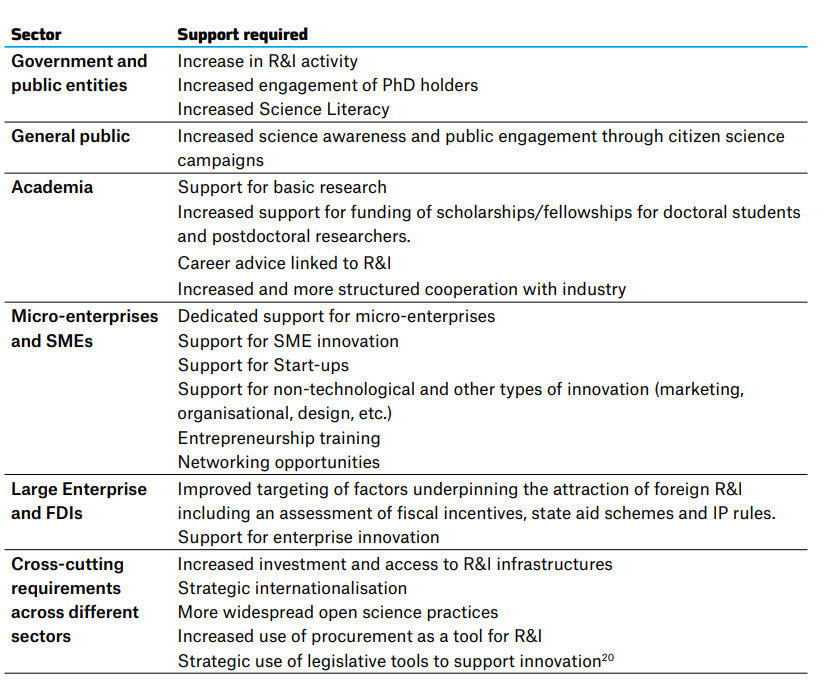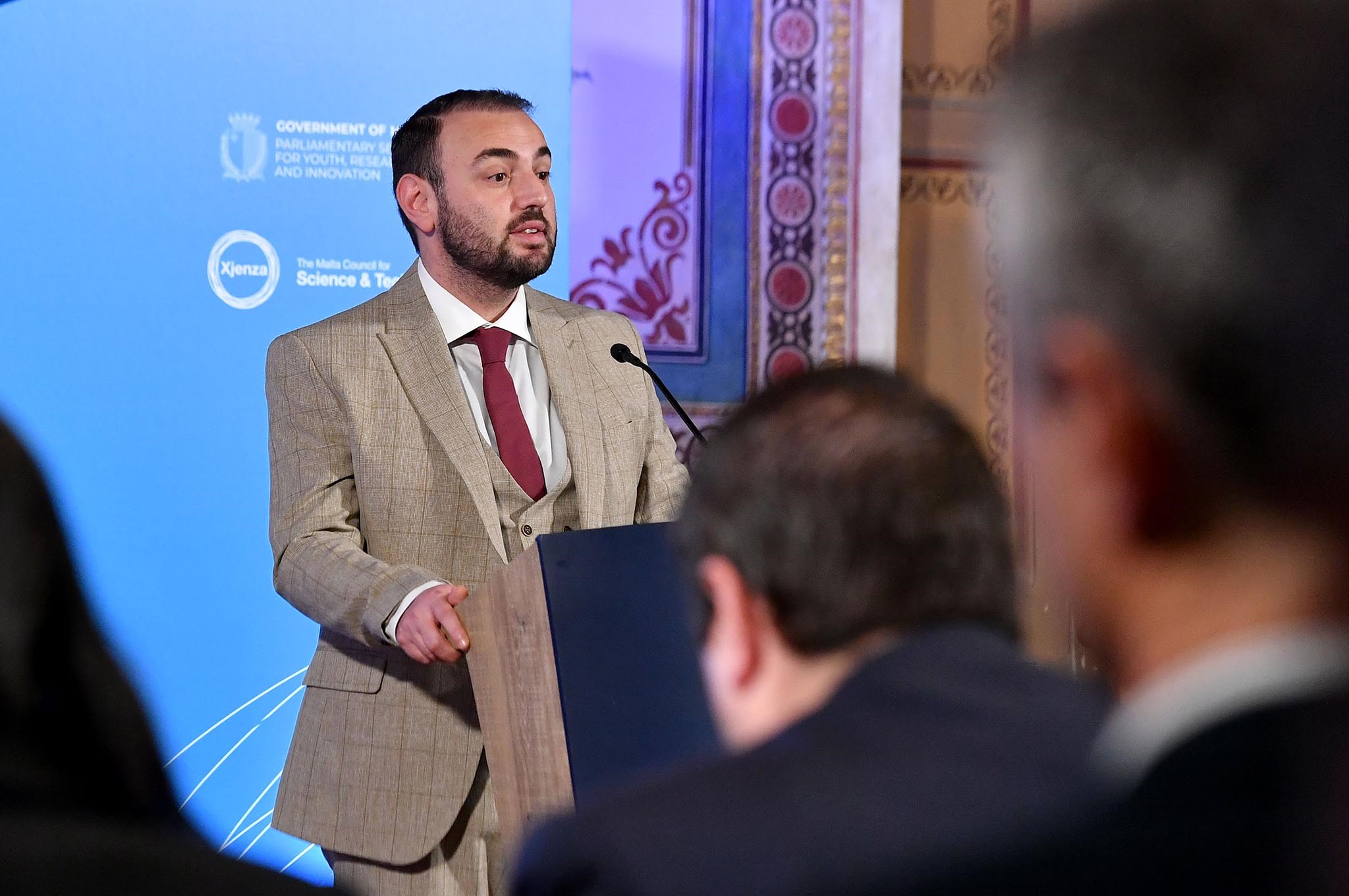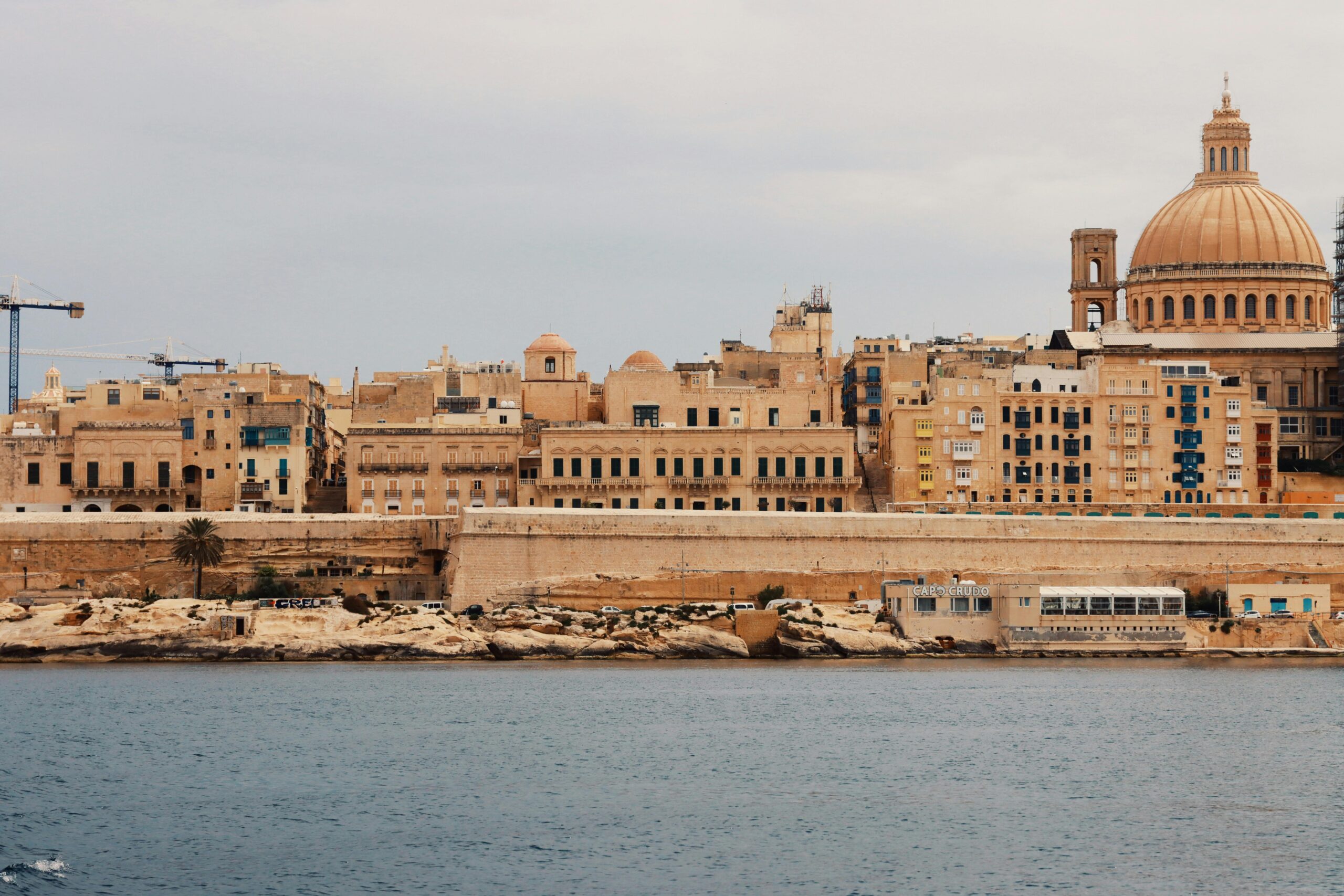The Malta Council for Science and Technology (MCST) has opened its National R&I Strategic Plan for 2023-2027 to public consultation, with community stakeholders invited to contribute with their insights to finalise the draft.
The consultation closes on 31st January 2023.
The plan intends to address many challenges in the R&I space, focusing on Malta’s potential, specifically in a reformed governance system of R&I policymaking, further development of the local R&I ecosystem and mainstreaming R&I in public policy.
Malta has historically struggled to hit one per cent of GDP for R&D, let alone reach its two per cent target, however, it has reaffirmed its commitment to do so. Being one of Europe’s poorest performers in the sector (0.65 per cent in 2021), only ahead of Romania (0.48 per cent), it has a long way to go.
According to the consultation document, business expenditure continues to be the main driving force for R&D in Malta, being responsible for nearly two-thirds of all local R&D spending, followed by higher education. Eurostat data shows that Malta’s total R&D spending for 2021 €94.99 million.
The vision of the 2023-2027 strategic plan is to embed research and innovation at the heart of the Maltese economy and society to spur knowledge-driven and value-added growth with priority to the quality of life, resilience and sustainability, while the strategic mission is to build a robust R&I enabling framework, sustained through growing investments in public and private sector R&I, with a mission orientation up to 2027, dedicated to the twin green and digital transitions.
The strategy has identified five main goals to focus on, in the fields of governance, developing the local ecosystem, R&I implementation structures, directionality, and policy mainstreaming.
Governance
A key part of the strategy is an improved governance structure, to make R&I decision-making more streamlined, effective, and transparent, taking a bottom-up approach. This would be complemented with increased oversight, by the core group (CG) and steering group (SG).

In addition, the strategy intends to streamline R&I priority setting, due to a recent trend which has seen ministries and other public entities undertake ad-hoc initiatives. Furthermore, it outlines the need for increased knowledge sharing across Government’s scientific community.
Local Ecosystem Development
The strategic plan outlines the importance of developing its local ecosystem in the medium to long-term. The main challenges in the space outlined by the EU Policy Support Facility (PSF) are not just under-investment, but also gaps in the range and resourcing of instruments and the lack of a monitoring system to track the effectiveness of the overall approach, and fragmentation.

The Government intends to address these challenges by recommending the SG creates a comprehensive ‘live’ co-design of public funding of R&I and related measures, allowing the SG, CG, and the Ministry responsible for Research to identify and monitor both the extent of R&I funding and the balance of demand and supply side measures.
Regular monitoring and evaluation will aid in the identification of more opportunities for increased funding, to ensure that it does not fall below targets. In addition, to go beyond the limits of Malta’s size, there will also be a focus on internationalisation, through the development of bilateral and multilateral partnerships.
Lastly, it will also seek to leverage the private sector, which currently contributes the lion’s share of R&I expenditure, by creating tailored support and interagency collaboration, with dedicated support also going to micro-businesses. There will also be a specialised support facility for SMEs and the launch of knowledge transfer partnerships to boost business-academia collaboration.
The remaining goals focus on strengthening R&I implementation structures, improving directionality through national missions, and focusing on the green & digital space, and also mainstreaming R&I in public policy on matters such as incentivising the public service and public sector employment of doctorate holders, capacity building, and gender mainstreaming in the field.
“This draft strategy is a step forward towards ingraining R&I in Malta’s economic development narrative as a thriving R&I ecosystem. The Government is committed to continuing to put R&I at the heart of Malta’s future growth and prosperity through this policy document, and tangible proposals contained therein,” concluded Parliamentary Secretary for Youth, Research and Innovation Keith Azzopardi Tanti during a press conference held earlier today at the National Museum of Archaeology.
MCST Executive Chairman, Jeffrey Pullicino Orlando explained that the draft strategy is the outcome of several years of in-depth research, consultation and technical drafting conducted by MCST staff, in pursuit of reforming and strengthening Malta’s R&I ecosystem.
Those interested are invited to submit their feedback to strategy.mcst@gov.mt by 31st January 2023. You may also find the consultation document here.
Malta’s economic growth to remain strong in global context, but sectoral shifts raise productivity concerns
While Malta continues to outpace eurozone peers in GDP growth, sectoral data suggests a growing reliance on less productive industries
Trump tariffs to take effect soon: EU prepares swift but measured response as trade tensions escalate
European businesses, policymakers, and investors alike are bracing for another potentially destabilising episode in transatlantic trade
Malta’s International Investment Position declines slightly
The largest component of these assets was Direct Investment






